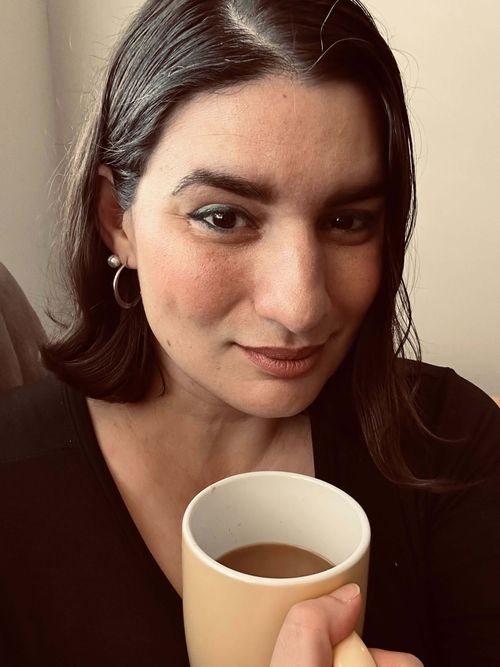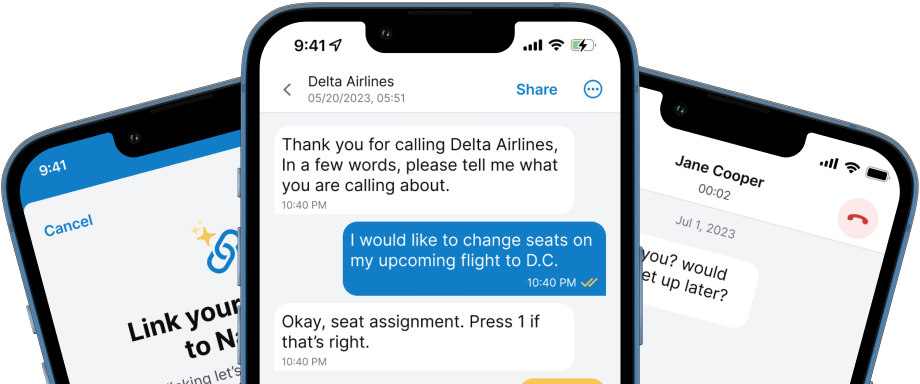Deaf-Friendly Audiologists & SLPs: Finding Empathetic Care
For deaf and hard of hearing individuals, the choice of an audiologist or speech-language pathologist is crucial. Read more on this topic here!

For deaf and hard of hearing individuals, the choice of an audiologist or speech-language pathologist is crucial. These professionals play a significant role in providing technology assistance and communication support. However, finding a professional who understands and meets individual needs can be a challenge. In this article, we will guide you on how to find the best professional for an optimal user experience.
Role of Audiologists and SLP’s
What is an audiologist?
An audiologist, a key figure in the healthcare system, is a medically trained professional specializing in diagnosing and treating ear-related issues. They are skilled in conducting hearing tests for all age groups, fitting hearing assistive technology, programming devices, and diagnosing ear and balance symptoms. It's important to note that audiologists, unlike ENT doctors, do not perform surgery or prescribe medicine.
What is a SLP?
SLPs or speech-language pathologists, diagnose and help treat speech, language communication, and swallowing difficulties. They provide speech therapy for expressive and receptive struggles, train on using augmentative and alternative communication devices, help with cognitive planning in communication, such as after a stroke, and work with the Deaf and hard of hearing.
Importance of Empathetic Care
Studies have shown that empathic medical professionals improve patient satisfaction and outcomes. Patients who receive empathetic care are more likely to follow their treatment plan. As deaf and hard of hearing people generally face barriers to obtaining quality healthcare, doctors and nurses who are sensitive to the needs of disabled patients make the experience less stressful and overwhelming.
Defining Deaf-friendly Care

Providers who are “deaf-friendly” understand the complex communication needs of their d/Deaf and hard of hearing patients. They may possess fluency in sign language or are experienced in hiring qualified interpreters for appointments. They know how to get attention, use visual aids and handouts, and strive for informed consent. Some even set up their practices to make appointments online or via texting.
Medical professionals possess not only communication skills but also cultural sensitivity towards patients. They prioritize acceptance over fixing, maintain eye contact, and understand the struggles of patients with language barriers, unemployment, and mental health issues.
Qualities of Deaf-Friendly Audiologists and SLPs

Strong Communication Skills
Deaf-friendly providers excel in communication. They offer various communication methods based on their clients' preferences. These may include voice-to-text communication tools like Nagish Live Transcribe, doodle boards, conversational ASL ability, visual aids, and the option to contact them via email or text. They are experienced in alternative communication methods and working with sign language interpreters.
Inclusive Accessibility
When there are options, there is accessibility. Every patient has differing needs and may require accommodations that others may not. However, inclusive providers will provide these accommodations when requested, such as interpreting or CART services. They also have buildings that accommodate patients with physical disabilities.
Patient-Centered
Empathetic providers prioritize your unique needs and customize their treatment plans accordingly. They listen well and strive to provide individualized care, recognizing the complexities and challenges you may face. For example, SLPs are open to different ways to help their Deaf client communicate, not just voice only. This commitment to tailored care can make you feel valued and understood.
Finding Deaf-Friendly Audiologists & SLPs
How do you find providers who will fit your needs well? We will cover a few options to locate them below:
Network With Family and Friends
If you're looking for recommendations, it's a good idea to reach out to your deaf friends and family. They can provide valuable insights into who is reliable and who to avoid. Deaf and ASL clubs are also great resources for learning about service providers in your area. By conversing with people in the community, you can quickly discover who has a good reputation and who to consider for your needs.
Research Online
Also, try social media, especially location-specific Deaf groups. Even in nationwide groups, people may know of providers near you, especially if you’re in a larger metropolitan area.
A couple of websites also post reviews just for the Deaf community. One is a website called deaffriendly. They share reviews discussing how accessible communication is and businesses owned by Deaf people and CODAs. There are checkmarks if any of the following is applicable:
- Pen and Paper Available
- Well Lit Environment
- Knows Sign Language
- Schedule/Order online or E-mail
- Subtitles/Closed Caption/Open Caption
- Willingness to Gesture
- Makes Eye Contact
Another website to look into is Deaf Friendly Audiology. They also list SLPs. You can filter by location, sign fluency, or profession. I was able to find an ASL-fluent audiologist one hour from my home. They also accepted text messaging to set up an appointment.
Conclusion
Finding a professional who can communicate effectively with individuals who are deaf or hard of hearing can be a challenge. However, with the right resources and tools, locating a professional who can meet your needs is possible.
By using online directories and asking for recommendations, you can quickly locate professionals who are fluent in sign language or have experience working with individuals who are deaf or hard of hearing. With these resources, you can make informed decisions about your healthcare and other professional needs.





.jpg)